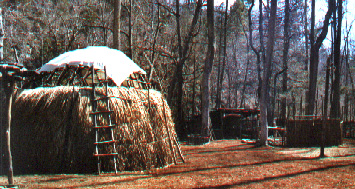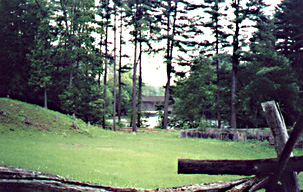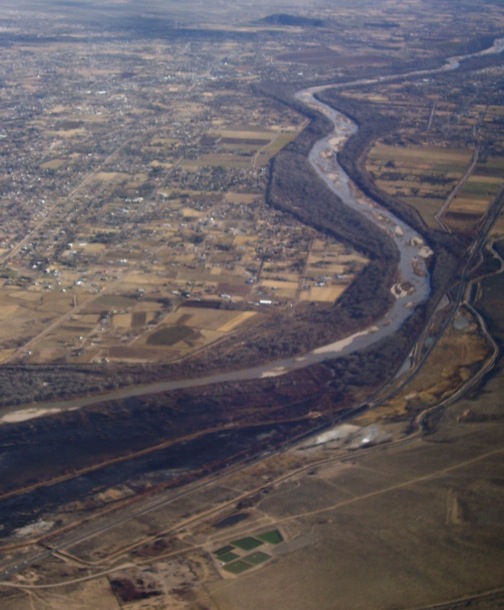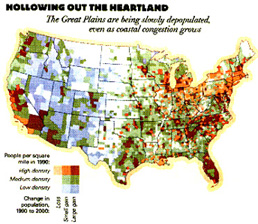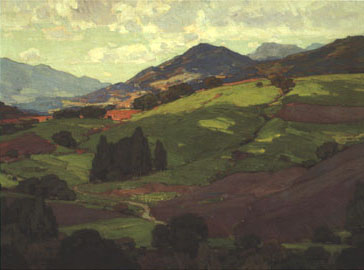Environmental History is the study of how settlements alter ecological conditions and how those changes influence each era's ideas about nature with respect to responsible resource use from one period to the next.
Ideas meaning those concepts associated with the perception, ideology and values that contribute to methods of discovery with respect to our surrounding land, air and water when contrasted with and Earth's eye view of the past.
Siry, Worster, Merchant
perception, ideology and values
